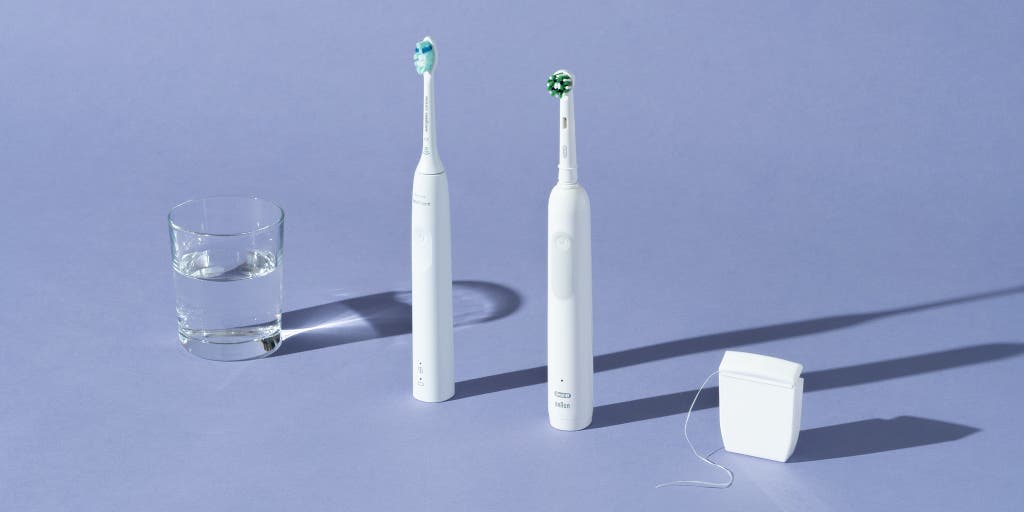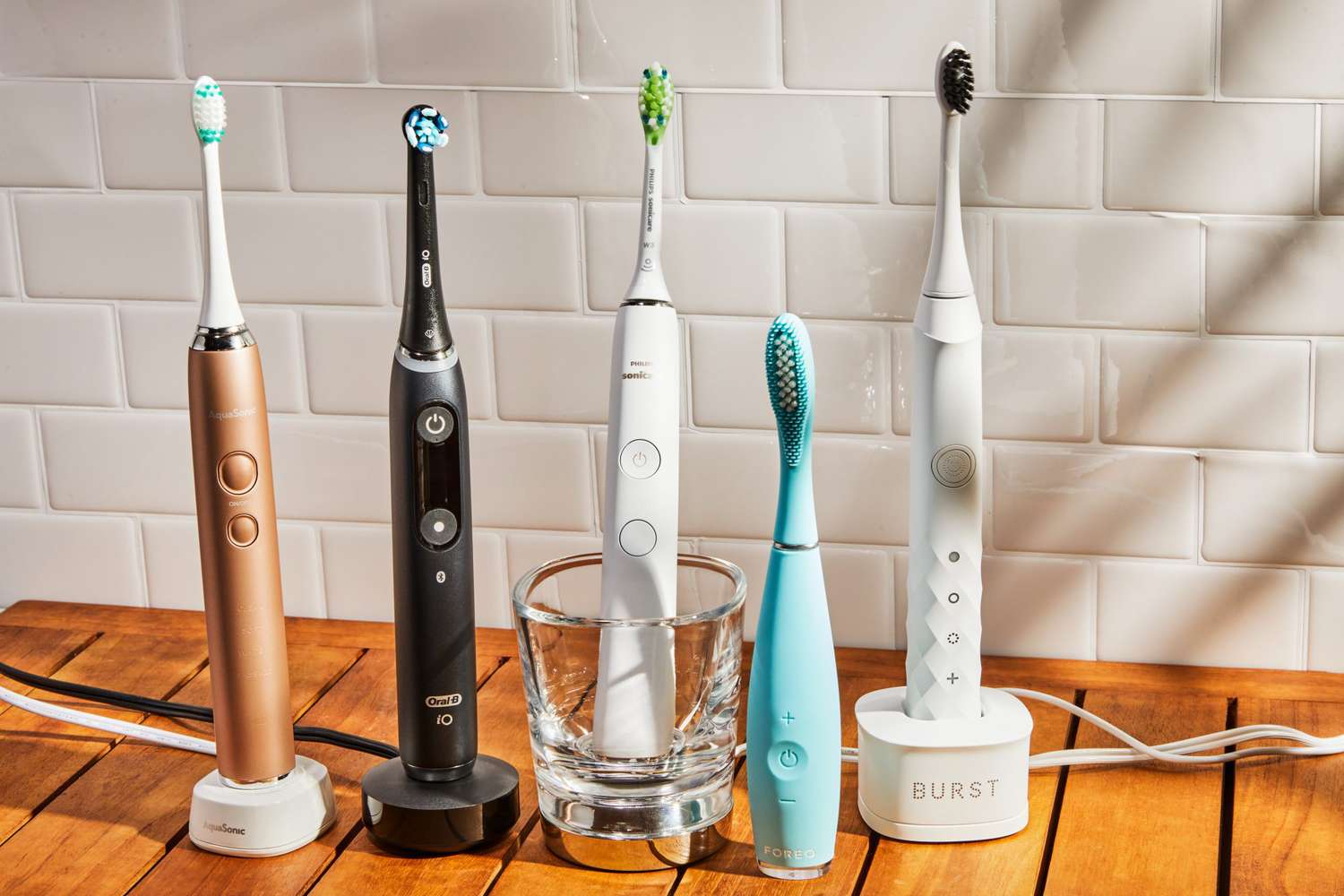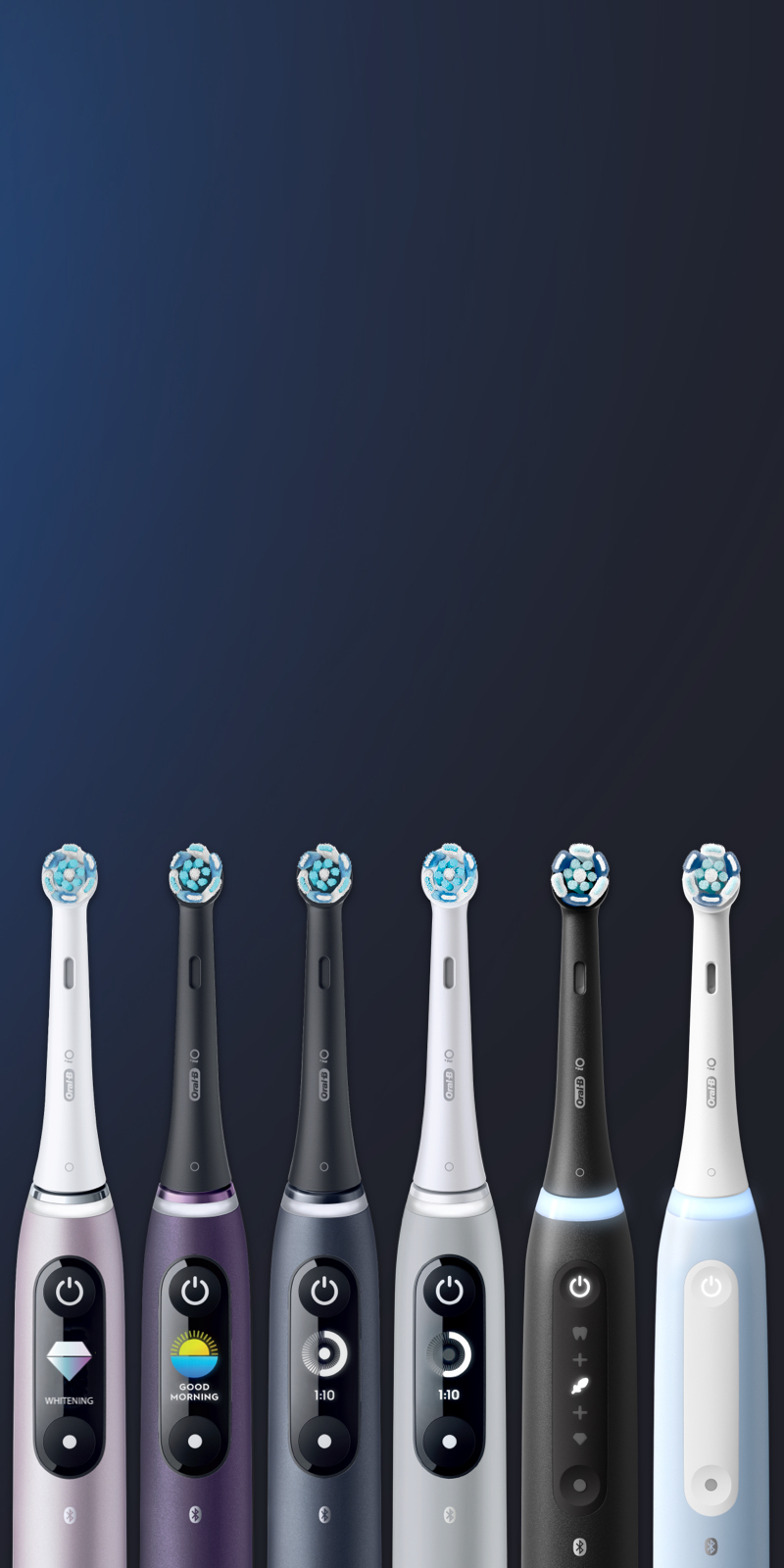Pros:
1. Electric toothbrushes are more effective in removing plaque and food particles from teeth than manual brushes. This is because they have a rotating head that rapidly moves back and forth to clean the surfaces of teeth better than manual brushing can.
2. The handles of electric toothbrushes are easier to hold, making it easier for people with limited mobility or arthritis to brush their teeth effectively without causing strain on their hands or wrists.
3. Many electric toothbrushes come with built-in timers that help users ensure they’re brushing for the recommended two minutes per session as well as reminders when it’s time to replace the brush head.
Cons:
1. Electric toothbrushes tend to be more expensive than manual brushes, although there are now affordable options available on the market that make them accessible for all budgets.
2. While many electric toothbrush models come with rechargeable batteries, some require disposable batteries which can add up over time and increase running costs associated with owning an electric model..
Electric toothbrushes are becoming increasingly popular for their convenience and ability to clean teeth more thoroughly than manual brushes. While electric toothbrushes offer many advantages, there are also some drawbacks that should be considered before investing in one. The pros of using an electric toothbrush include improved oral hygiene due to the rotating bristles which help remove plaque more effectively than a manual brush, as well as increased convenience since it requires less effort and time to use.
However, the cons of using an electric toothbrush include higher costs associated with purchasing them and needing to replace batteries or rechargeable units regularly. Additionally, they can be noisy and may cause gum sensitivity if used incorrectly or too forcefully on the gums.
Disadvantages of Electric Toothbrush
Electric toothbrushes can be more expensive than traditional manual toothbrushes, and their batteries need to be replaced over time. Additionally, electric toothbrush heads tend to wear out faster than manual toothbrush heads, so they need to be replaced more often. Finally, some people may find the vibrations from an electric toothbrush uncomfortable or distracting.
Is It Safe to Use Electric Toothbrush
Yes, electric toothbrushes are generally considered to be safe and effective tools for reducing plaque buildup and improving oral hygiene. Electric toothbrushes can offer several advantages over manual brushing, such as providing a more thorough cleaning with less effort and allowing the user to customize brushing patterns depending on their individual needs. However, it is important to choose an electric toothbrush that is designed specifically for your mouth size and shape in order to ensure maximum effectiveness.
Best Electric Toothbrush
An electric toothbrush is the gold standard in oral hygiene. It can provide a deep clean with its oscillating and rotating bristles which reach areas that manual brushing may not, improving gum health and aiding to reduce plaque buildup. Electric toothbrushes are also easier to use as they require less effort and time than traditional hand-held brushes.
Furthermore, they come with many features such as timer functions or pressure sensors which encourage proper brushing technique.
Electric Toothbrush Vs Manual
Electric toothbrushes are becoming more popular than traditional manual brushes due to their ability to provide a deeper and more effective clean. Electric toothbrushes use oscillating heads that vibrate at different speeds and directions, which helps evenly distribute the bristles around your teeth for a complete cleaning. Additionally, electric toothbrushes come with built-in timers that help you brush for at least two minutes as recommended by dentists.
Manual brushes lack these features, making it difficult to achieve an optimal level of dental hygiene without relying on guesswork or using additional products like mouthwash.
Which Toothbrush is Better
When trying to decide which toothbrush is better, electric or manual, it’s important to consider several factors. Electric toothbrushes are more effective at removing plaque and can help reduce gum inflammation compared to manual brushes. They also often have built-in timers that remind you when it’s time to brush for the recommended two minutes.
On the other hand, manual toothbrushes cost less and require no batteries or charging cords. Ultimately, the best choice depends on your individual needs and preferences.
How to Use an Electric Toothbrush Properly
Using an electric toothbrush is a great way to make sure you are getting the most out of your brushing routine. To get the best results, begin by wetting your toothbrush and applying a small amount of fluoride-containing toothpaste. Hold the brush at a 45-degree angle against your gums and use gentle circular motions for two minutes, making sure to reach all surfaces of the teeth.
Lastly, rinse with water or mouthwash and enjoy cleaner, healthier teeth!
Disadvantages of Toothbrush
One of the major disadvantages of using a toothbrush is that it can be difficult to reach all areas of the mouth, particularly hard-to-reach spots like between teeth and at the back of the jaw. This means that these areas may not get as thorough cleaning as they should, which could lead to an increased risk for gum disease and tooth decay. Additionally, worn or frayed bristles can also cause damage to gums and enamel, making them more susceptible to cavities.
Toothbrush Advantages And Disadvantages
Brushing your teeth regularly with a toothbrush is one of the most effective ways to maintain good oral hygiene. While brushing your teeth has many advantages, it also has some drawbacks which must be taken into consideration when deciding what type of brush to use. The main advantage of toothbrushes is that they can help remove plaque and food particles from between teeth, as well as polish away surface stains on the enamel.
However, too much pressure or an incorrect technique could potentially damage gum tissue and even wear down enamel over time. Additionally, manual brushes may not reach all parts of the mouth equally, making them less effective than more specialized tools such as electric toothbrushes or water flossers.

Credit: eastportdentalaz.com
What is the Downside of Using an Electric Toothbrush?
Electric toothbrushes have several advantages over manual brushes, but they also come with some drawbacks.
• Expensive: Electric toothbrushes are often more expensive than manual ones.
• Bulky and hard to take on trips: Depending on the model, electric toothbrushes can be bulky and difficult to travel with.
• Charging required: Electric toothbrushes need regular charging in order for their motorized brush heads to work properly.
• Not ideal for sensitive teeth: Some users find that the movement of electric brush heads is too abrasive for sensitive teeth or gums.
Overall, electric toothbrushes offer a superior cleaning experience compared to manual ones but they do require more maintenance and may not be suitable for everyone’s needs.
Do Dentists Really Recommend Electric Toothbrushes?
Yes, dentists typically recommend electric toothbrushes for improved oral hygiene. Electric toothbrushes provide several benefits over manual brushes:
• More effective plaque removal.
Electric toothbrushes can reach more hard to access areas and have a more powerful cleaning action than manual brushes.
• Greater convenience and ease of use. Electric toothbrush heads are designed to fit the shape of teeth better compared to manual brushes, which require greater precision when brushing manually.
• Improved gum health. Many electric toothbrushes come with extra features like pulsing and vibrating that help massage the gums while brushing and improve overall dental health outcomes.
Dentists regularly advise patients on using an electric brush due to these benefits as part of their preventive care protocols for optimal oral hygiene habits at home.
What are the Positives And Negatives of Using an Electric Toothbrush Over a Manual Toothbrush?
Positives of using an electric toothbrush over a manual toothbrush include:
• More efficient and effective cleaning due to higher frequency bristles.
• Ability to set timers or alerts that encourage brushing for the recommended two minutes each time.
• Pressure sensors that alert you when brushing too hard, preventing gum sensitivity.
Negatives of using an electric toothbrush over a manual one include:
• Cost – these brushes are usually more expensive than manual ones.
• Not being able to reach some areas as easily with the larger brush head size on many models.
Overall, electric toothbrushes offer improved oral health through better cleaning but come at a higher cost than manual varieties and may not be suitable for those with smaller mouths who struggle to maneuver them around their teeth effectively.
Electric Toothbrush vs Manual Toothbrush: Pros & Cons
Conclusion
In conclusion, electric toothbrushes can be a great addition to your oral hygiene routine. They offer many benefits such as improved plaque removal and whitening capabilities that manual brushes simply cannot provide. However, they also come with some drawbacks such as costliness and the need for regular battery replacements.
Ultimately, it is up to you to decide whether an electric toothbrush is right for you based on your needs and budget.


